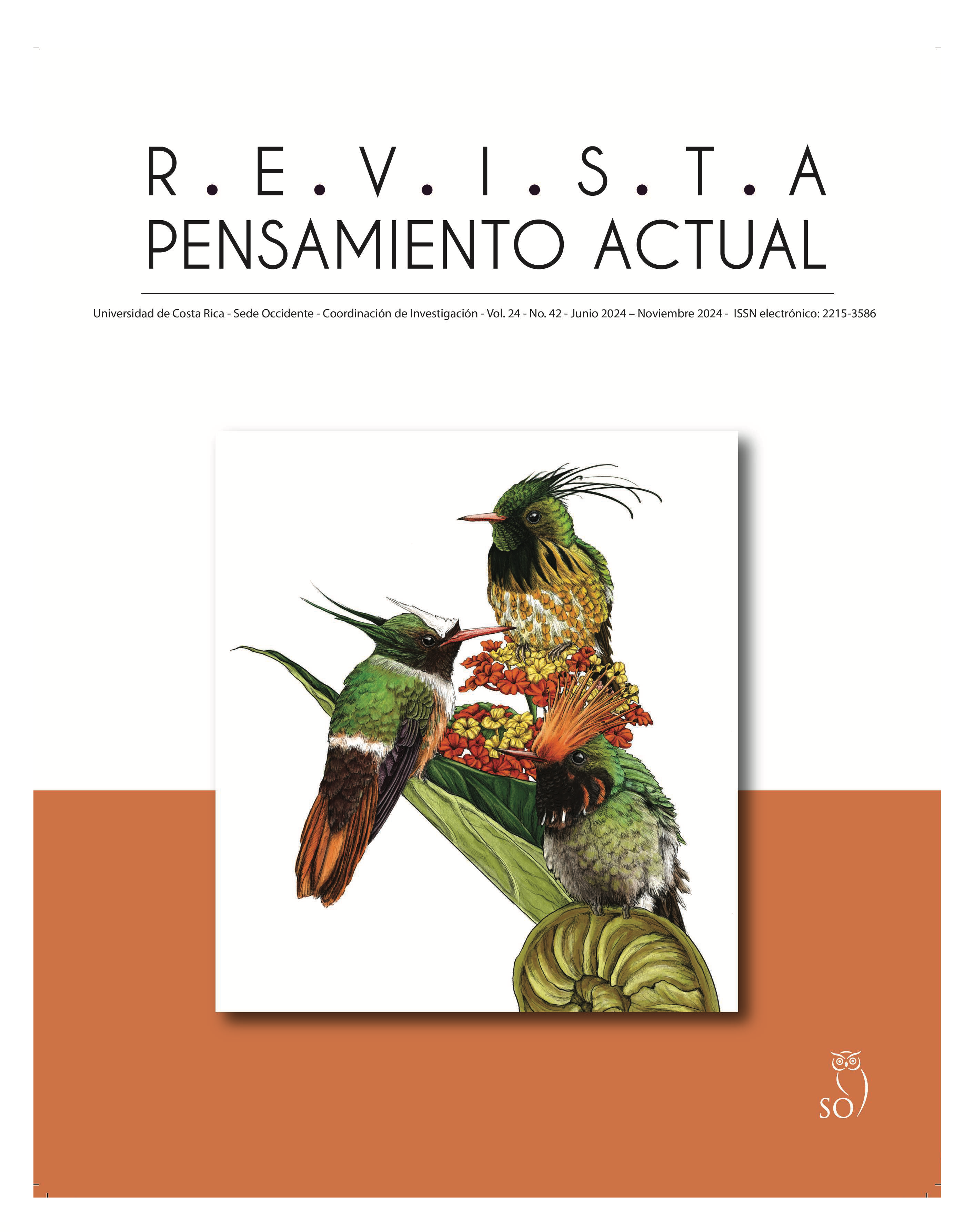Abstract
The emerging pedagogical model entails the application of knowledge to practical situations of daily life; it implies justice for all by recognizing that we are different and, therefore, it offers various responses that take into account the characteristics of each sector. The foregoing promotes an education in the competencies of modernity, which allows training people so that they are capable of developing aptitudes according to the abilities and interests they possess as individual beings. In this sense, it is valuable that teachers, from the principle of equality, recognize what the student knows and can do, reconsidering the principle of justice to eliminate the systemic barriers imposed by the educational and social sector.At present, it seeks to give greater emphasis to education for diversity, which puts aside the erroneous thinking of diversity as a synonym for disability; for this we work from inclusive quality education. Under the social model, the latter seeks the effective and full social participation of people, as well as the elimination of barriers that limit the scope of the goals and dreams of the subjects in a more just and equitable society. The barriers to learning are not present in the students, but in the environment that surrounds them; On multiple occasions, teachers and society are the main walls between inclusion and exclusion. When teachers give up looking only at differences in the classroom, it will be time to implement fully inclusive actions. Consequently, there is talk of Universal Design for Learning (DUA), of multilevel teaching, as opposed to the curricular adaptations that were developed in the integrative model. When talking about the DUA, the planning of the lessons should be considered so that all students can participate actively, regardless of the needs they present; therefore, it is up to the teacher to enrich the lessons under the premise of equal conditions.It is essential to recognize that inclusive education, as a transformative paradigm, contemplates education, methodological support and adjustments in pedagogical mediation as a key tool for the quality of life of all students, which allows reducing the divergences between skills. of the person and the context in which it develops. In this way, the application of the DUA allows the flexibility of the curriculum so that all students have the opportunity to live with their classmates and that barriers imposed from the stereotypes and prejudices that society has formed over the years are not observed. Because of this, the school must build knowledge and values without any distinction. The change implies moving from knowledge to competencies, which is achieved by taking into account the basic axes of the current education model and the levels of organization that define an educational paradigm: political, ideological, technical, pedagogical, and organizational.
References
Bisquerra, A. (2003). Educación emocional y competencias básicas para la vida. Revista de Investigación Educativa, 21(1), 7-43.
Castro, R., Morera, A y Rojas, G. (2018). La educación emocional del personal docente: una estrategia de formación permanente. Ministerio de Educación Pública de Costa Rica.
Elizondo, C. (2017). Educación inclusiva. Un paradigma transformador. Pedagogías de la inclusión. Forum Aragón: Revista Digital de FEAE-Aragón sobre Organización y Gestión Educativa, 22, 28-31. https://dialnet.unirioja.es/servlet/articulo?codigo=6345080
Fuentes, A. y Collado, J. (2019). Fundamentos epistemológicos transdisciplinares de educación y neurociencia. Sophia, Colección de Filosofía de la Educación, 26, 83-113.
Goleman, D. (1996). Inteligencia Emocional. Editorial Vergara.
Manzana, M. (2014). Las emociones como herramienta de inclusión educativa. [Trabajo final de graduación]. Facultad de Ciencias Sociales y Humanas. Universidad de Zaragoza. https://zaguan.unizar.es/record/14811/files/TAZ-TFG-2014-818.pdf
Ministerio Educación Pública. (2017). Programas Nacionales de Orientación. Primero, segundo y tercer ciclo de la Educación General Básica y Educación Diversificada.
OCDE. (2003). La comprensión del cerebro. Hacia una nueva ciencia del aprendizaje. Editorial Santillana.
Román, F., y Poenitz, V. (2018). La neurociencia aplicada a la educación: aportes, desafíos y oportunidades en América Latina. RELAdEI. Revista Latinoamericana de Educación Infantil, 7(1), 88-93.
##plugins.facebook.comentarios##

This work is licensed under a Creative Commons Attribution-NonCommercial-ShareAlike 3.0 Unported License.
Copyright (c) 2024 Pensamiento Actual

